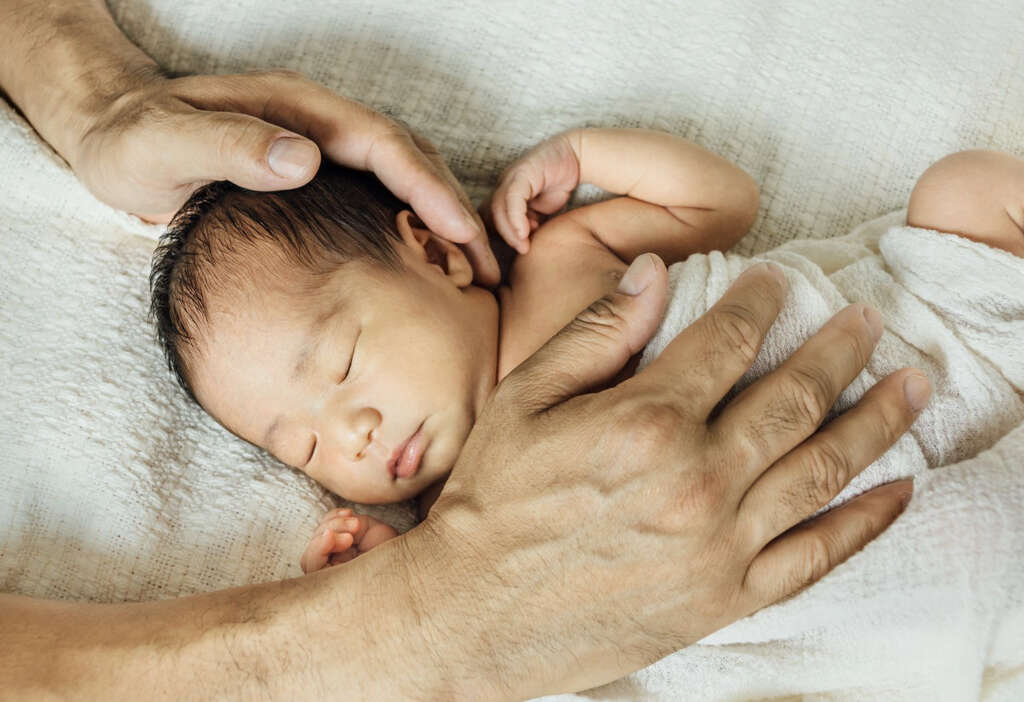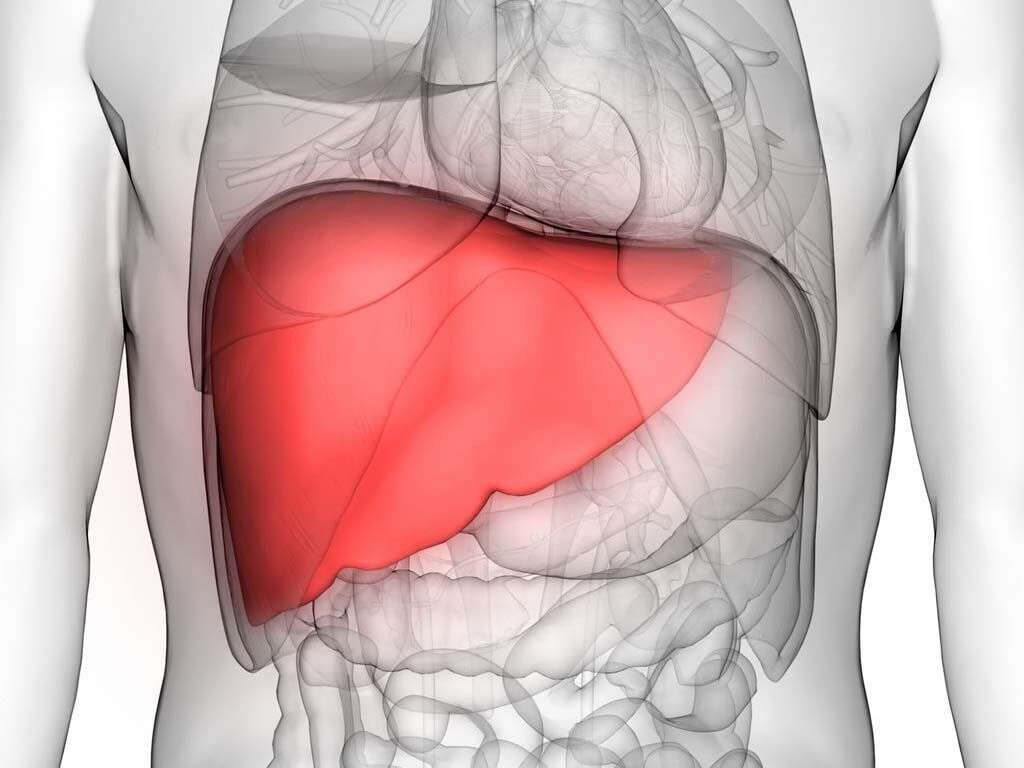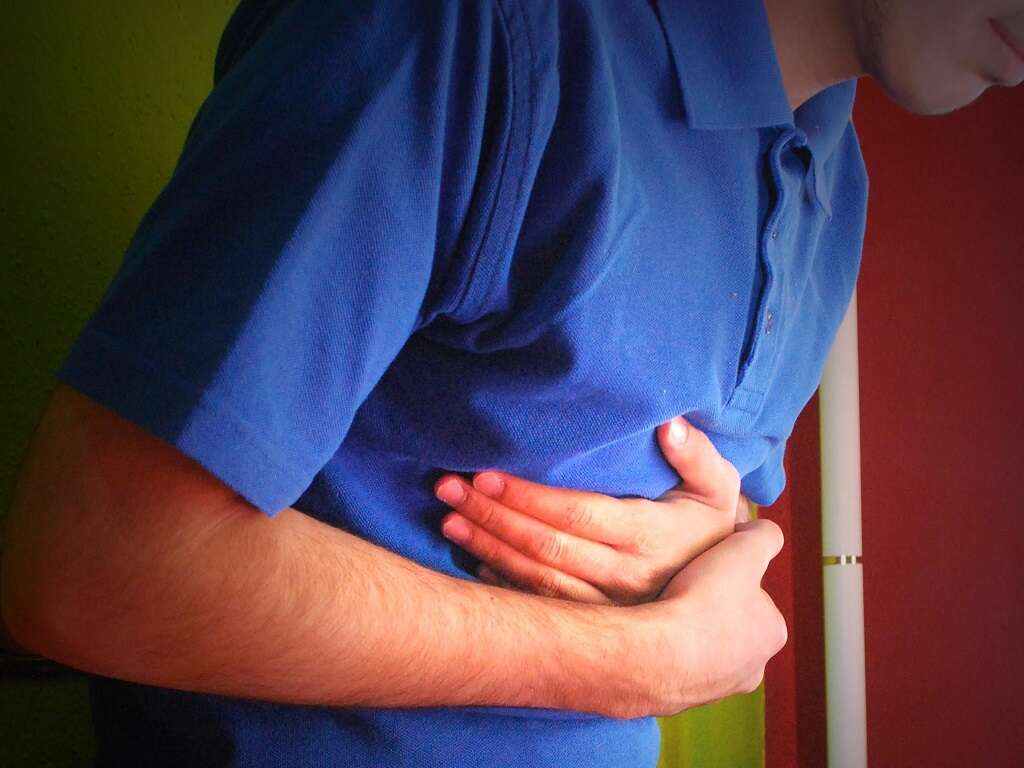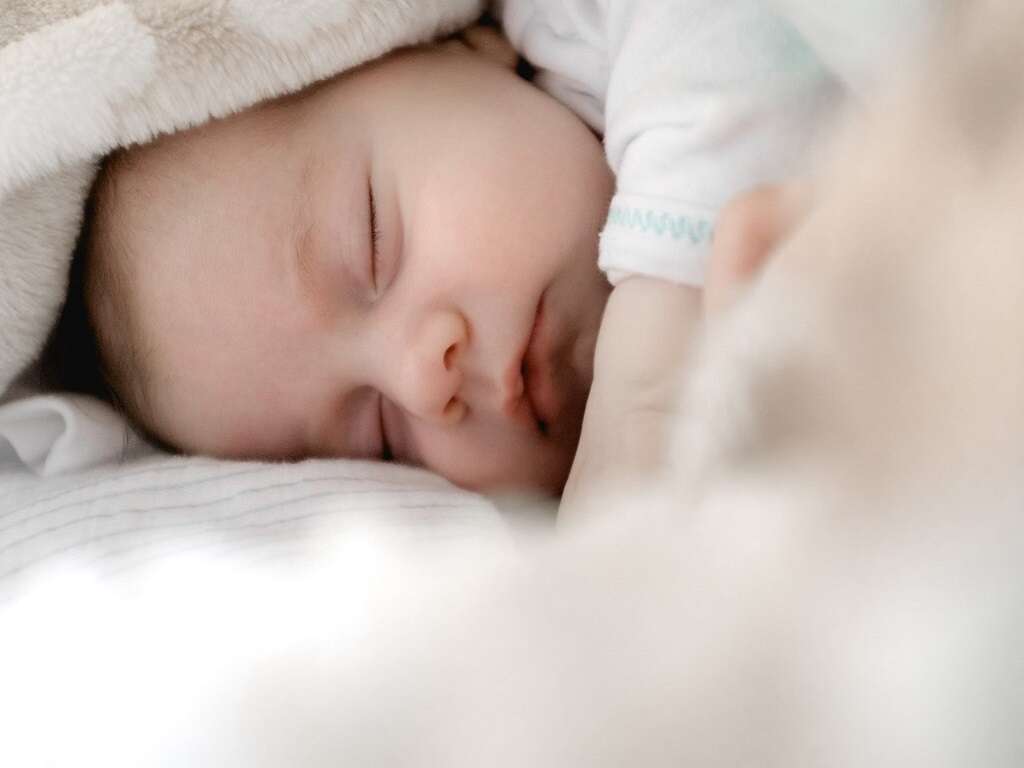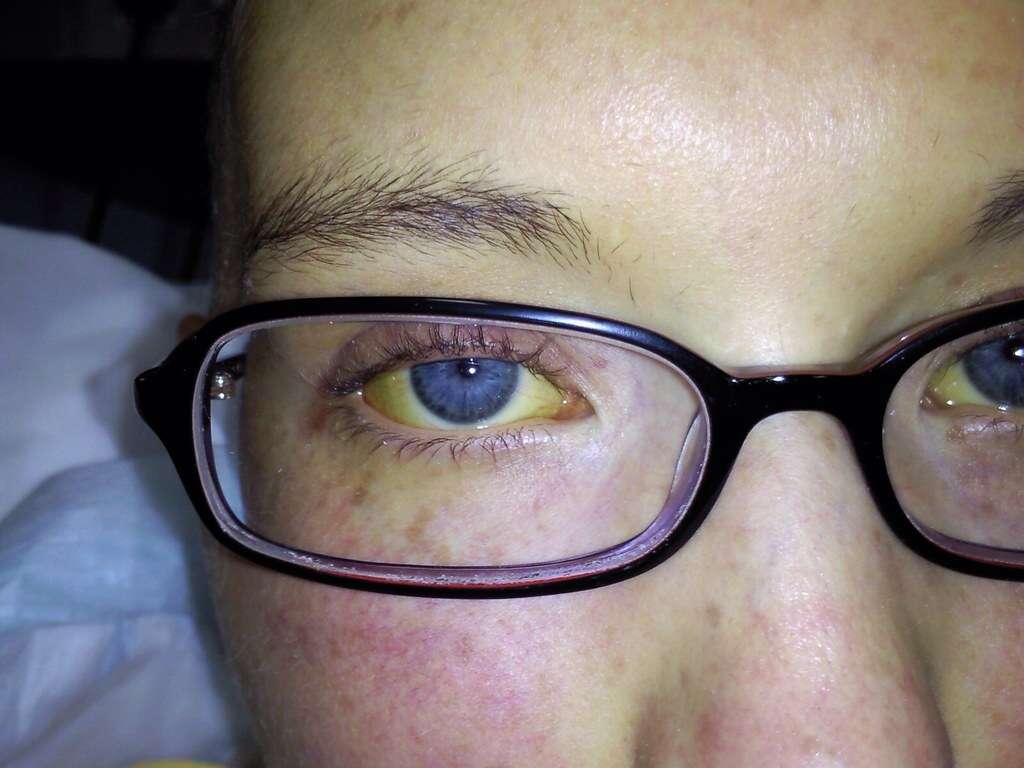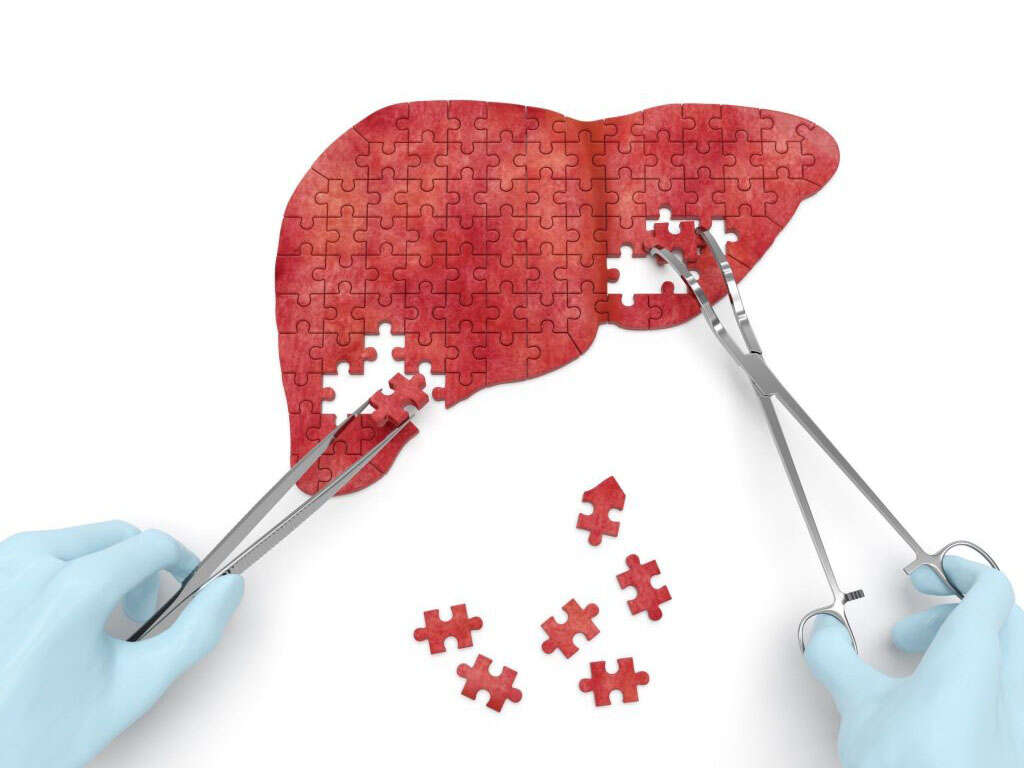What Causes Jaundice in Babies?
Any illness in a newborn baby can be very concerning. They are more fragile than adults and less able to defend themselves against disease. However, we now have modern medicine that helps to keep them safer than ever before. One condition that some babies are prone to is jaundice.
Jaundice can be caused by a wide range of things and, thankfully, it will usually pass having done no harm to the patient. In some cases, the underlying cause will need to be treated, and this is often achievable depending on the condition. In some instances, the underlying cause can be more serious.
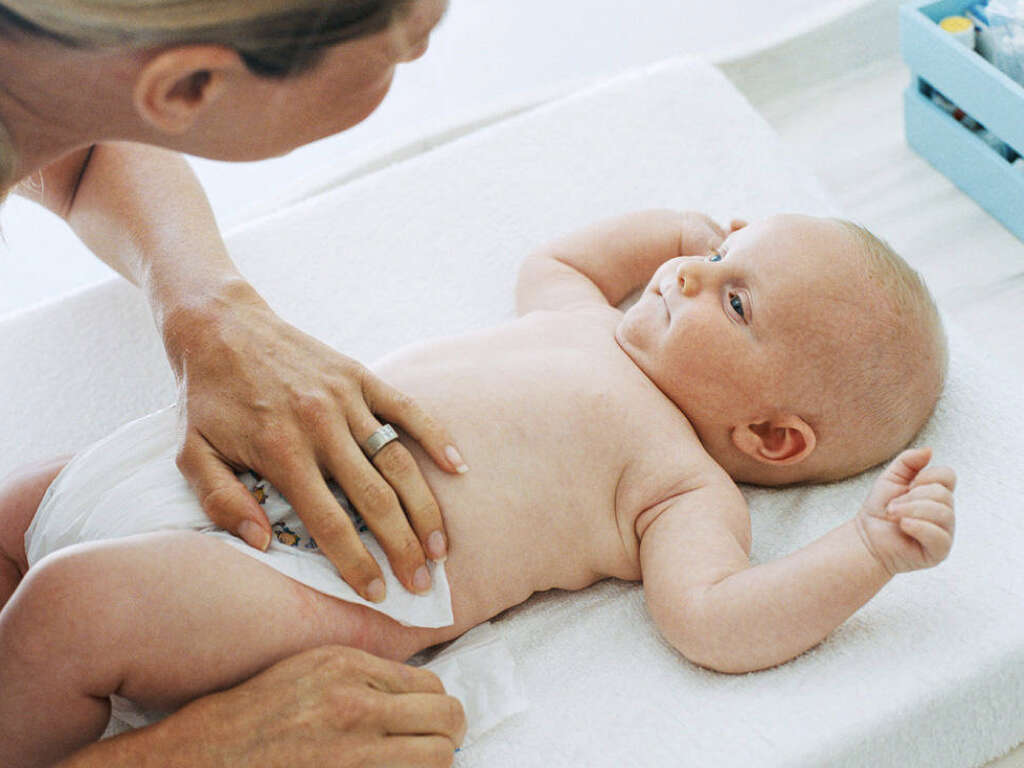
1. Physiological Jaundice
Newborn babies have a lot of developing to do, and they need to do so quickly. They need to start developing muscles to help them move around and their internal organs needs to develop to help them process their food, and make sure everything is running smoothly. This includes the liver. It is normal to have bilirubin in the system, and babies tend to have more because more spent red blood cells are being processed.
At the same time, the liver has not yet developed to the point where it is able to process the bilirubin, resulting in jaundice. This is known as physiological jaundice. It tends to occur when they are just 2-3 days old, and it is usually harmless.
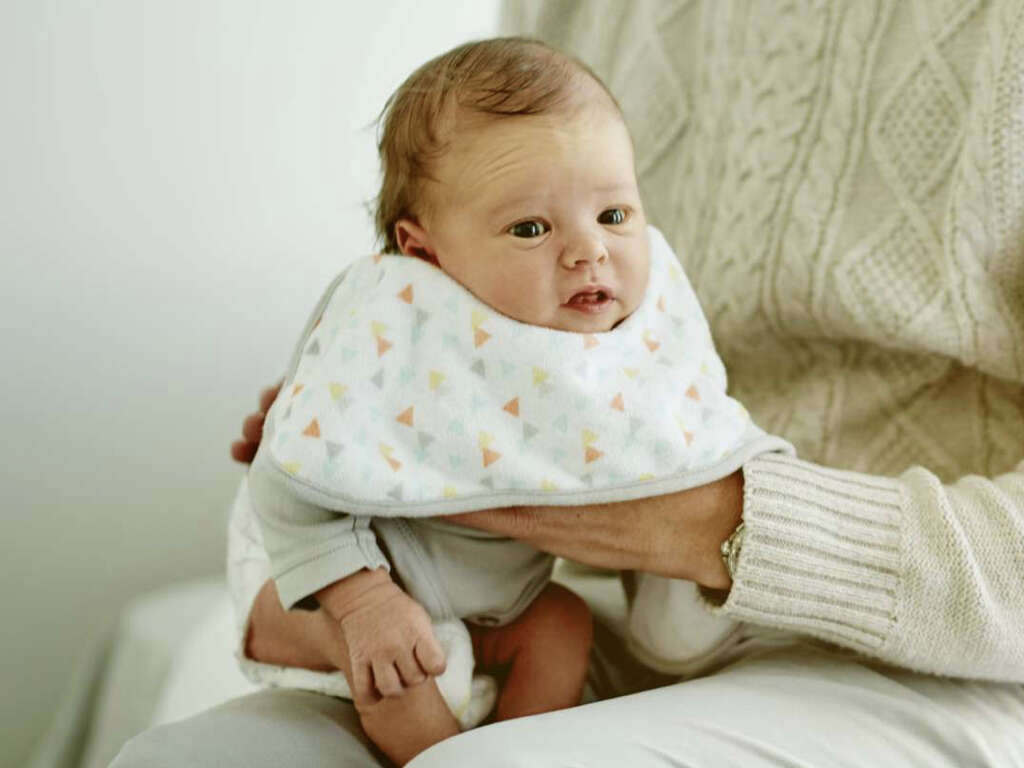
2. Cephalohematoma
Giving birth is often a difficult, but a totally normal process. As long as the mother and baby are healthy, supported, and coping well then it is quite safe. Modern facilities and medicine have helped humans to identify problems with the mother or baby often before labor even starts! That is not to say injuries don’t still happen, though, and delicate babies can get harmed during the process.
Sometimes, bruising can occur just under the scalp, and this blood will then need to be processed. This means more bilirubin is produced and, in turn, more is found in the bloodstream.
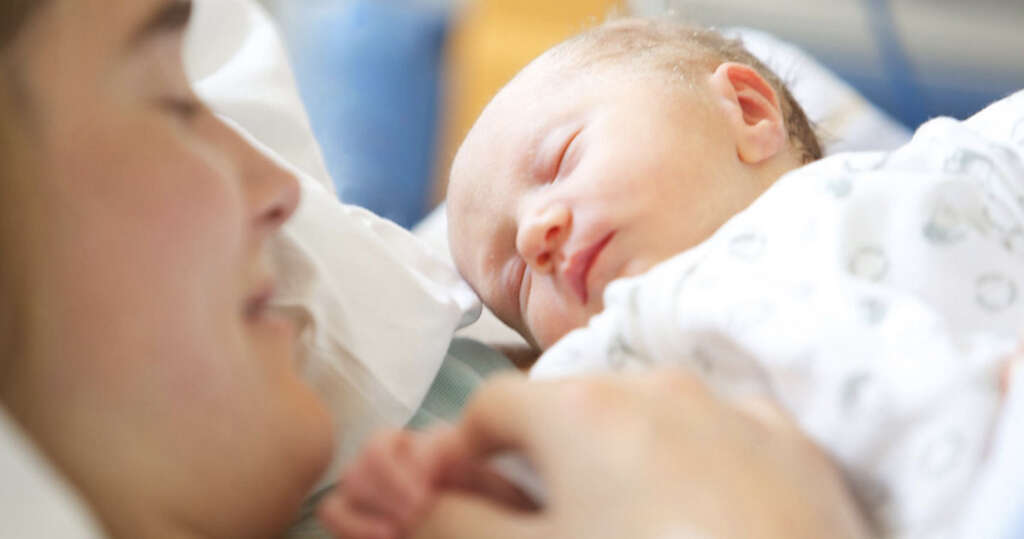
3. Mother-Baby Blood Incompatibility
As the baby is developing in its mothers womb, the baby will get all the nutrition that it needs directly from the mothers blood. Despite this, the mothers blood and the baby’s blood are still kept separate from each other to help prevent any problems with incompatibility.
Sometimes, however, the mothers blood cells can cross over into the baby’s body, and this is most likely to happen just before, or during, birth. The mothers blood cells will react negatively and the baby’s blood cells will be attacked. This will cause bilirubin to be produced, causing the baby to become jaundiced.
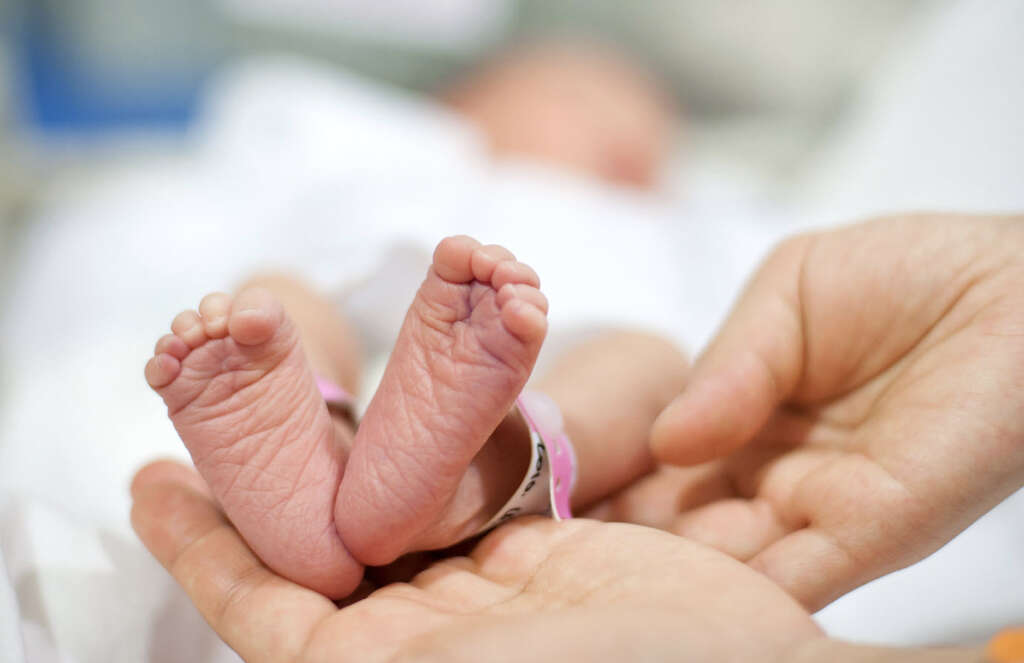
4. Blood Cell Abnormality
Our red blood cells are not usually broken down until they have come to the end of their lives. This happens at a rate that allows the liver to handle the process, while also allowing the expired cells to be replaced by new ones. In some cases, however, the blood cells will break down faster and sooner than usual.
This will cause a surge in bilirubin in the body, which is unlikely to be processed by a young, immature liver. This will cause jaundice and it can also lead to some other potentially dangerous symptoms. For example, it can indicate a shortage of red bloods cells, and this can lead to a lack of oxygen in the blood.

5. Sepsis
When there are pathogens present in the body, the body will react to help protect the body by attacking the pathogens. This is done in a number of ways, one of which is a chemical response that will attack the pathogen directly. In some cases, the response can be so strong that it can be dangerous for the patient.
Sepsis is a potentially very dangerous condition in which the body has released a dangerous amount of chemicals into the system. It causes a number of very unwelcome symptoms, one of the least threatening of which is jaundice as the baby’s red blood cells are being destroyed. Sepsis is very a very serious condition that should be treated immediately by a doctor.

6. Infections
We all have an immune system that helps to keep us safe from disease. This includes newborn babies, but their immune systems have not yet grown to be as strong as those of adults. This means that extra care needs to be taken because they can develop infections more easily than we can.
Depending on the type of infection, it can cause some very unwelcome symptoms in somebody so young. Some infections can infect the liver and this could affect its ability to process bilirubin. Other types of infection might affect the blood directly, and this can lead to an increase in bilirubin also.
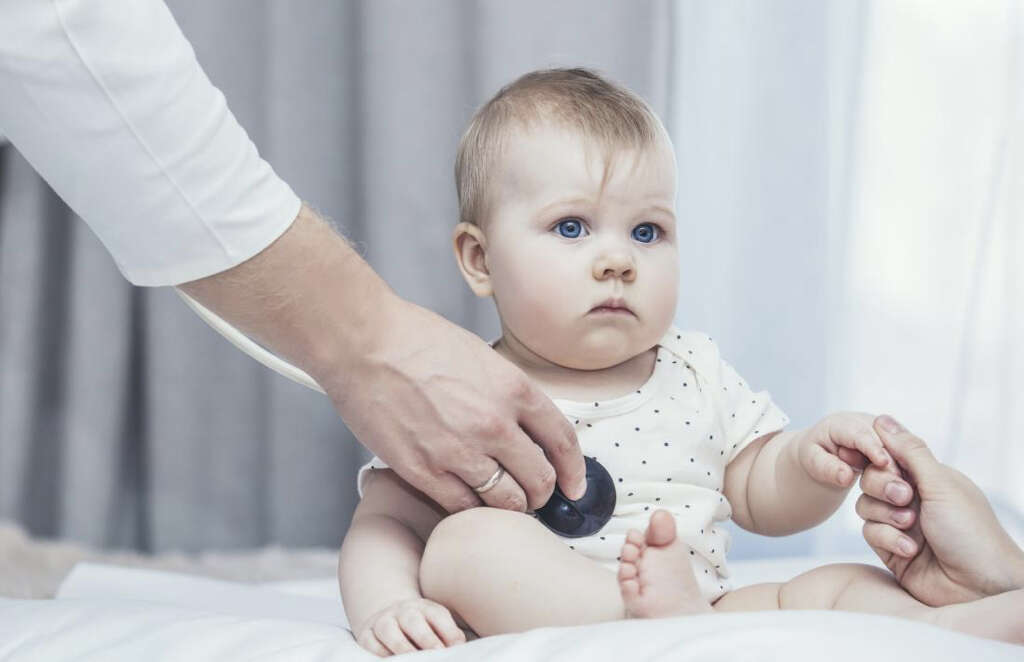
7. Blocked Bile Duct
Bile ducts are tubes that connect the intestines with the liver. As their names suggests, they allow the liver to secrete bile into the intestines where it can then help to break down our food. If this duct was to become blocked for some reason, it can result in a number of unwelcome symptoms.
Some newborn babies can be born with a bile duct that is blocked, and this will impede the flow of bile into the intestine. This will cause the bile to become backed up, and this will cause the contents, which include bilirubin, to be released into the bloodstream

8. Enzyme Defect
Our bodies contain an enzyme known as Glucose-6-phosphate dehydrogenase, and this enzyme helps us to break down red blood cells. Some people will have a defect in this enzyme, and this can cause the red blood cells to become broken down sooner than usual.
This is a condition that mostly affects newborn babies and one of the symptoms is jaundice. The extent of the jaundice is often mild, but it can be severe in some cases. In many cases, the patient will experience few, if any, symptoms, and they may even have it their whole life without being aware of it.
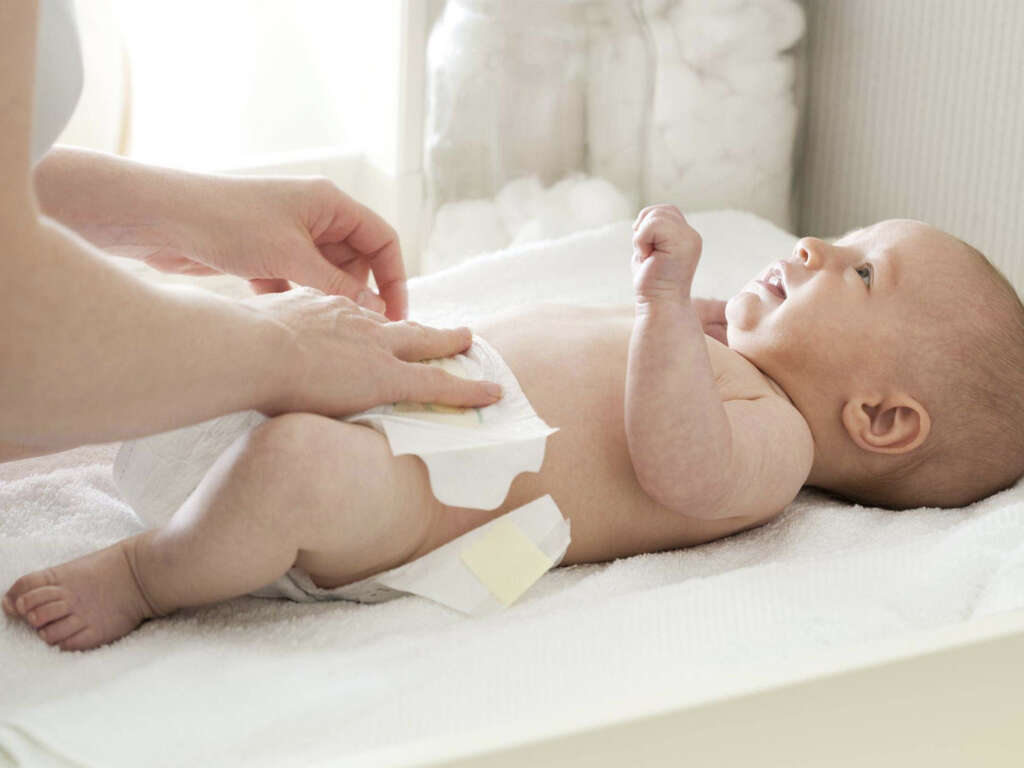
9. Liver Problems
As mentioned, a newborn baby’s liver is often underdeveloped to the point that it is unable to handle the levels of bilirubin produced. This is usually not something to be worried about but, occasionally, a newborn baby might have a more severe condition that needs to be dealt with.
There are various conditions that can cause a problem like hepatitis, which is inflammation of the liver, and this can cause jaundice. The good news is that, depending on the underlying causes, hepatitis is usually treatable.

10. Risk Factors
Few newborn babies are completely without risk of having jaundice, but it can happen to pretty much anybody. As mentioned, it is usually not something to be concerned about, but, once identified, jaundice should always be reported to the child’s care provider.
Some babies, however, will be more likely to develop jaundice than others. Babies who are born prematurely in particular are at risk, partly because they are not yet able to process the bilirubin. Those who have difficulty feeding can also be at risk of jaundice, while they may also develop some more serious complications.
